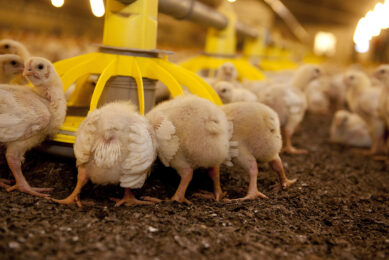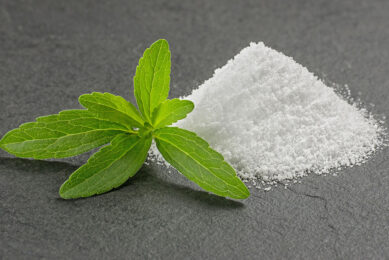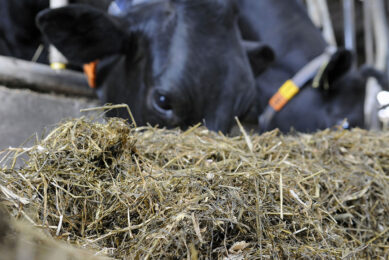Phosphate crisis demands more phytase
Microbial phytases have been used for almost 20 years in animal nutrition to release plant-bound phytate phosphorous. Phytases become more important as phosphates become scarcer.
contribute significantly to overcome the current shortage in feed phosphates,
according to The European Feed Additives and Premixtures Association (FEFANA).
At present in most of feeds standard phytase dose rates are used to replace up
to 4.4 kg MCP or 6.4 kg DCP. As shown in numerous trials, increasing phytase
above these standard levels, which is already authorized under EU law, can allow
higher amounts of inorganic phosphates to be substituted.
Overcome
shortages
The overall use of microbial phytases in monogastric feed,
combined with an increase in dose rates, are an attractive option to supply more
digestible phosphorous to livestock and to overcome the shortage in mineral
phosphates without imposing an additional risk to the environment and the food
chain. The significant reduction in phosphorus and trace element excretion by
the animals would also be relevant.
Increased
demand
The
current scarcity of feed phosphates seems to find its roots in several
factors.One factor is the new demand for biofuel crops, which has led to a sharp increase in the acreage of cereal crops being planted, and
consequently in the amount of fertiliser being used. Secondly, the increased
standard of living in countries such as
all kinds of side-effects. For instance, more people can afford to use
commercial washing powders, and since phosphates are used in washing powder,
this represents an additional requirement for a product that is already in short
supply. Also the rock phosphate reserves in
are running low; some scientists are warning that this could happen in less than
a hundred years.
Related website:
FEFANA
Join 26,000+ subscribers
Subscribe to our newsletter to stay updated about all the need-to-know content in the feed sector, three times a week. Beheer
Beheer









 WP Admin
WP Admin  Bewerk bericht
Bewerk bericht